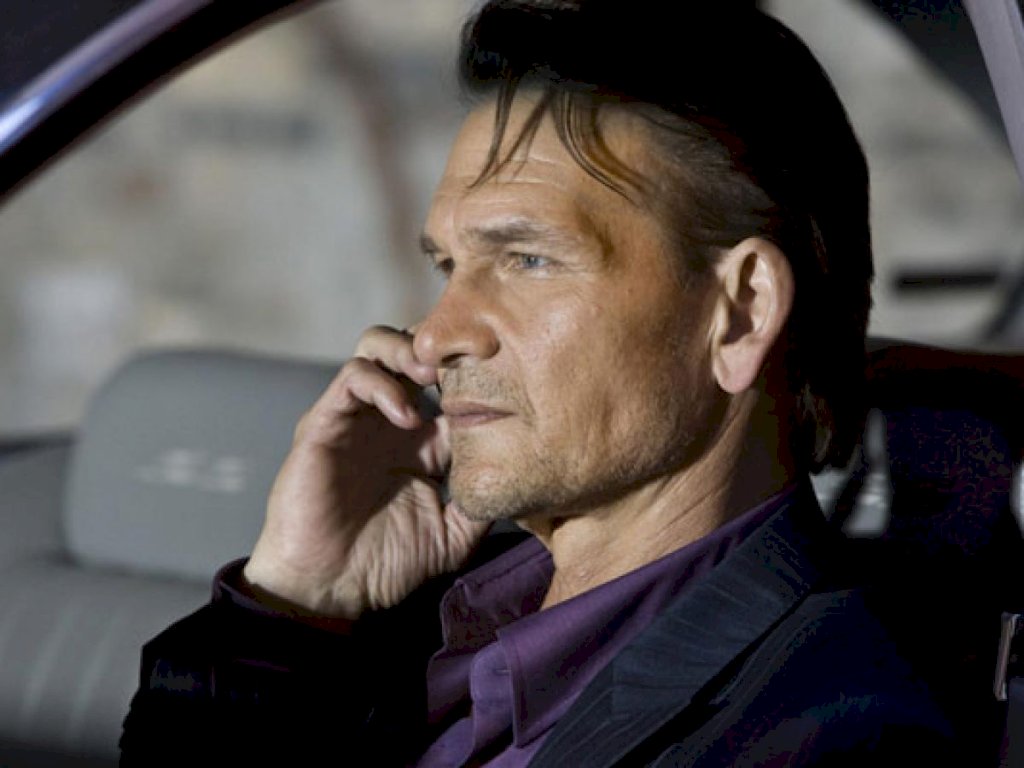In the 1980s, a heartwarming and endearing television sitcom captured the hearts of viewers across the United States. "Webster," which aired from 1983 to 1989, followed the life of a precocious young boy who finds himself in the care of a loving couple after a family tragedy. The show, created by Stu Silver, offered not only humor and entertainment but also valuable life lessons about family, love, and resilience. This article explores the legacy of "Webster" and its enduring impact on audiences.

A Quaint Premise with Profound Depth

"Webster" follows the life and adventures of Webster Long, portrayed by the talented Emmanuel Lewis. At its core, the show revolves around Webster's journey as a young African-American boy adopted into a white family. After tragically losing his parents in a car accident, Webster finds himself under the care of George and Katherine Papadopolis, played by Alex Karras and Susan Clark, respectively.
The premise is both simple and profound. "Webster" isn't just about an orphan finding a new home; it's about the merging of diverse backgrounds, the forging of new familial bonds, and the challenges and joys that come with such a journey. By centering its narrative on Webster's experience of cultural assimilation and the Papadopolis family's efforts to create an inclusive environment, the show becomes a lens through which viewers can explore themes of identity, acceptance, and unity.
The Power of Representation
One of the most remarkable aspects of "Webster" is its commitment to authentic representation. In an era where diversity on television was still a rarity, the show stood out for its portrayal of a multicultural family. Webster's adoption into a white household created a unique backdrop that allowed the show to address important topics surrounding race and identity. While the show's focus was on family dynamics, it also subtly tackled larger societal issues, introducing audiences to different perspectives and experiences.
Emmanuel Lewis, with his infectious smile and undeniable charm, brought Webster to life in a way that resonated with viewers of all backgrounds. His performance captured the innocence and curiosity of a young boy navigating a new world while staying true to his roots. Lewis's portrayal contributed to the show's ability to bridge cultural gaps and foster empathy among its audience.
Laughter and Life Lessons

While "Webster" dealt with significant themes, it never lost sight of its primary role as a family sitcom meant to entertain. The show struck a delicate balance between humor and heartfelt moments, resulting in episodes that could evoke laughter and tears within the span of a few scenes.
Webster's interactions with George and Katherine Papadopolis were a major source of comedy. The generation gap between Webster and his adoptive parents often led to amusing misunderstandings and comical scenarios. Yet, beneath the surface, these interactions also highlighted the beauty of familial relationships built on love, patience, and compromise.

Moreover, "Webster" excelled at delivering valuable life lessons without veering into preachiness. Each episode contained a moral takeaway that felt organic to the storyline. Whether it was addressing the importance of honesty, friendship, or embracing differences, the show used its characters' experiences to communicate messages that resonated with viewers of all ages.
The Impact and Enduring Legacy
"Webster" made a significant impact during its six-season run and continues to be remembered fondly by fans of all generations. It not only showcased the power of television to reflect diverse realities but also demonstrated the medium's potential to bridge gaps and foster understanding. The show's positive portrayal of adoption and multicultural families contributed to shifting perceptions and attitudes, making it a beacon of progress in an ever-changing entertainment landscape.
The legacy of "Webster" is also reflected in the careers of its cast members. Emmanuel Lewis's portrayal of Webster not only earned him acclaim but also established him as a beloved figure in popular culture. Alex Karras and Susan Clark's performances as George and Katherine Papadopolis added depth and relatability to the show's characters, ensuring that viewers saw more than just a fictional family—they saw reflections of their own experiences and challenges.
In Conclusion

"Webster" stands as a timeless example of a family sitcom that transcends its era, resonating with audiences through its heartfelt portrayal of diverse family dynamics. By focusing on the journey of a young boy's adoption into a loving home, the show explored themes of identity, acceptance, and unity, all while delivering humor, touching moments, and meaningful life lessons.
Through the character of Webster Long, the show celebrated the beauty of multiculturalism and the strength of relationships forged through love and understanding. In a world where differences are often emphasized, "Webster" reminded viewers that at the core of it all, we are connected by the shared experiences of family, growth, and the universal desire for acceptance and belonging.


